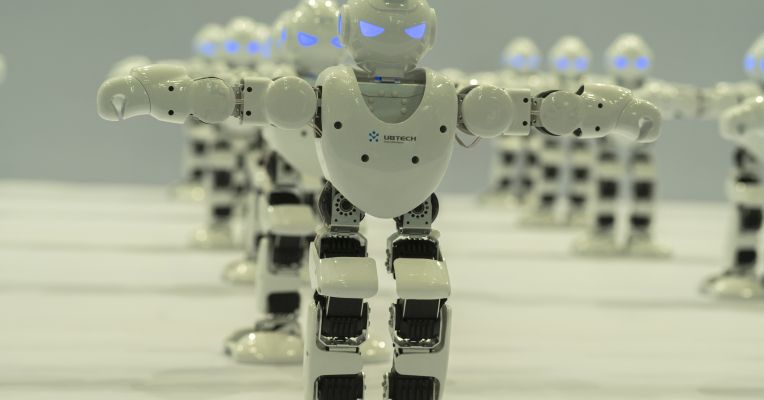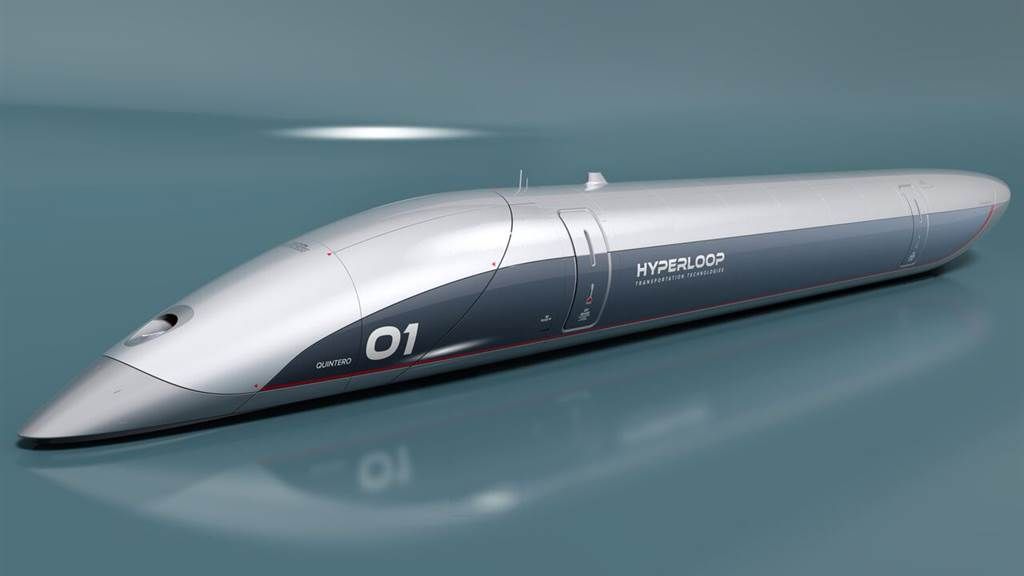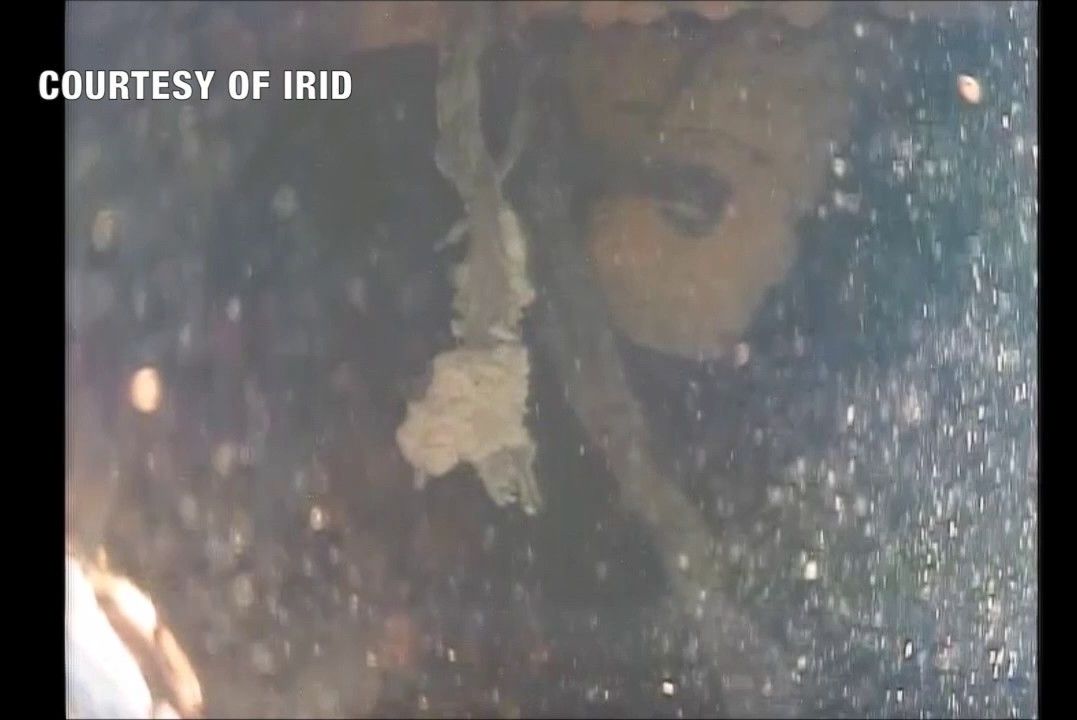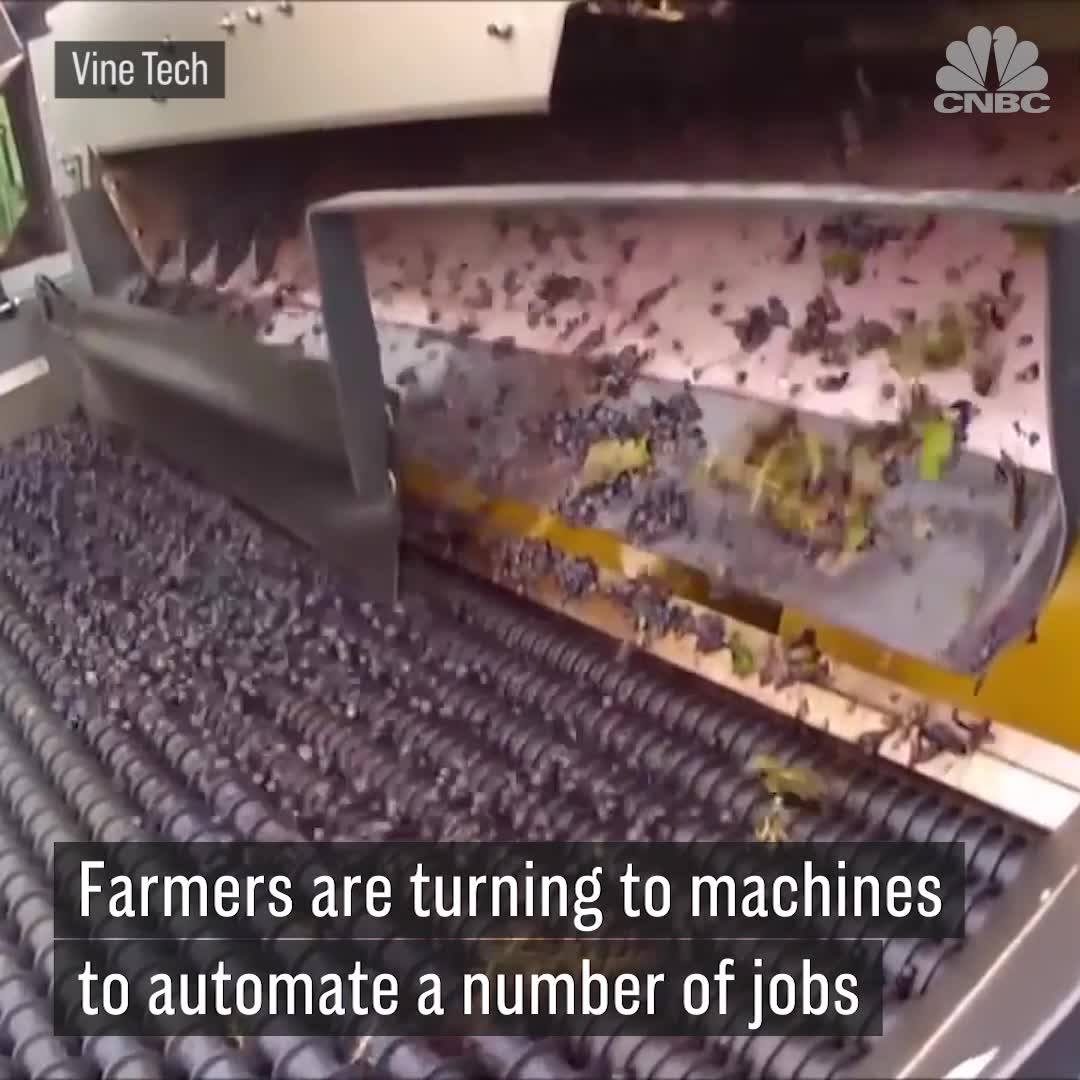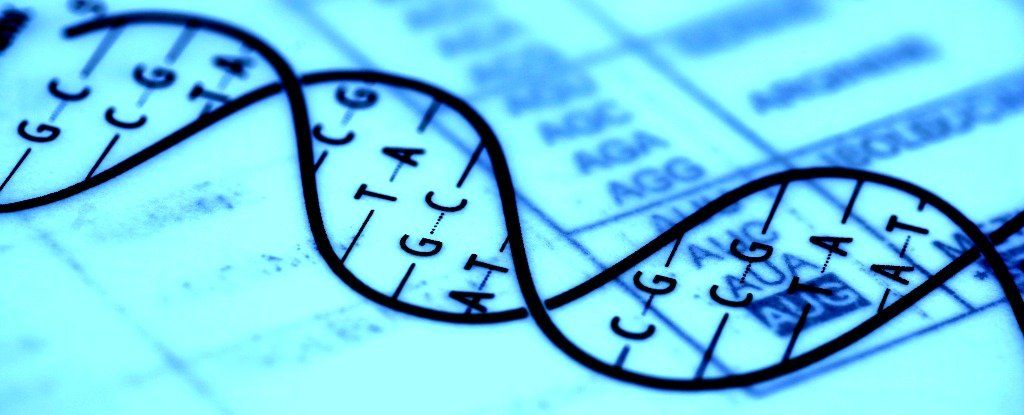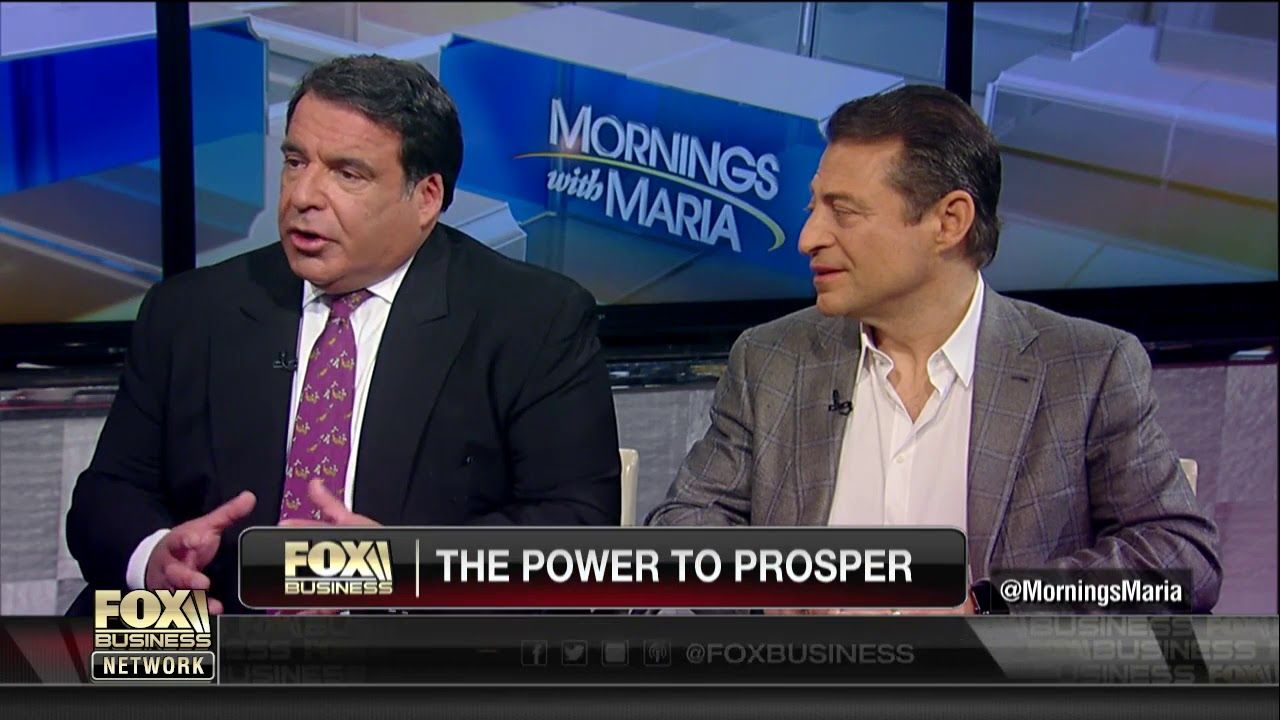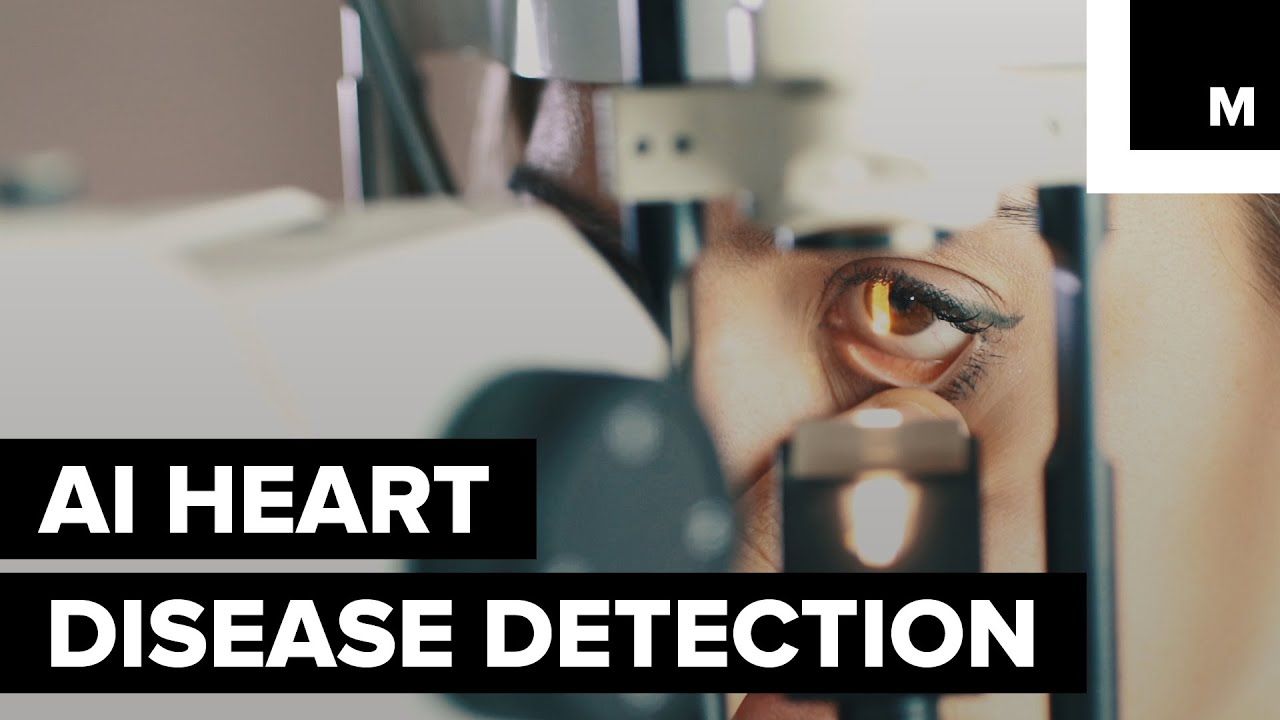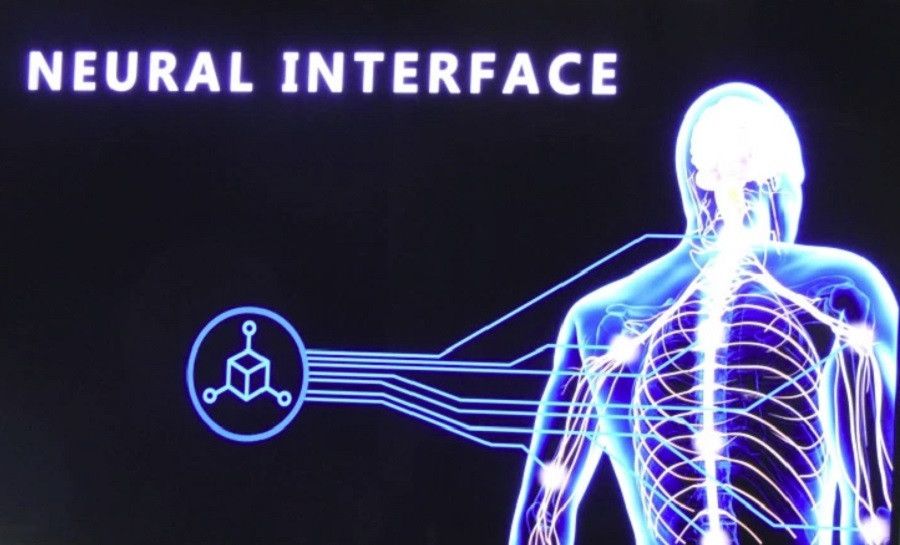Reading the tech press, you would be forgiven for believing that AI is going to eat pretty much every industry and job. Not a day goes by without another reporter breathlessly reporting some new machine learning product that is going to trounce human intelligence. That surfeit of enthusiasm doesn’t originate just with journalists though — they are merely channeling the wild optimism of researchers and startup founders alike.
There has been an explosion of interest in artificial intelligence and machine learning over the past few years, as the hype around deep learning and other techniques has increased. Tens of thousands of research papers in AI are published yearly, and AngelList’s startup directory for AI companies includes more than four thousands startups.
After being battered by story after story of AI’s coming domination — the singularity, if you will — it shouldn’t be surprising that 58% of Americans today are worried about losing their jobs to “new technology” like automation and artificial intelligence according to a newly released Northeastern University / Gallup poll. That fear outranks immigration and outsourcing by a large factor.
